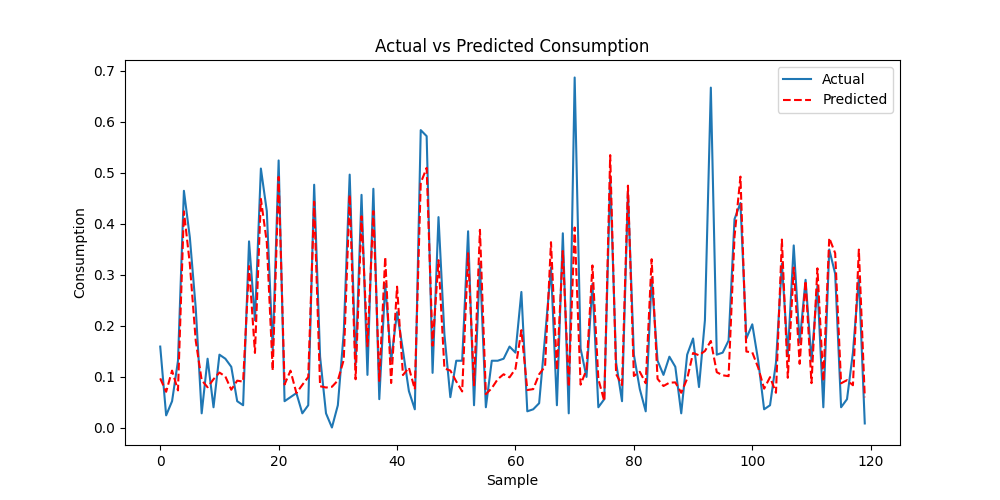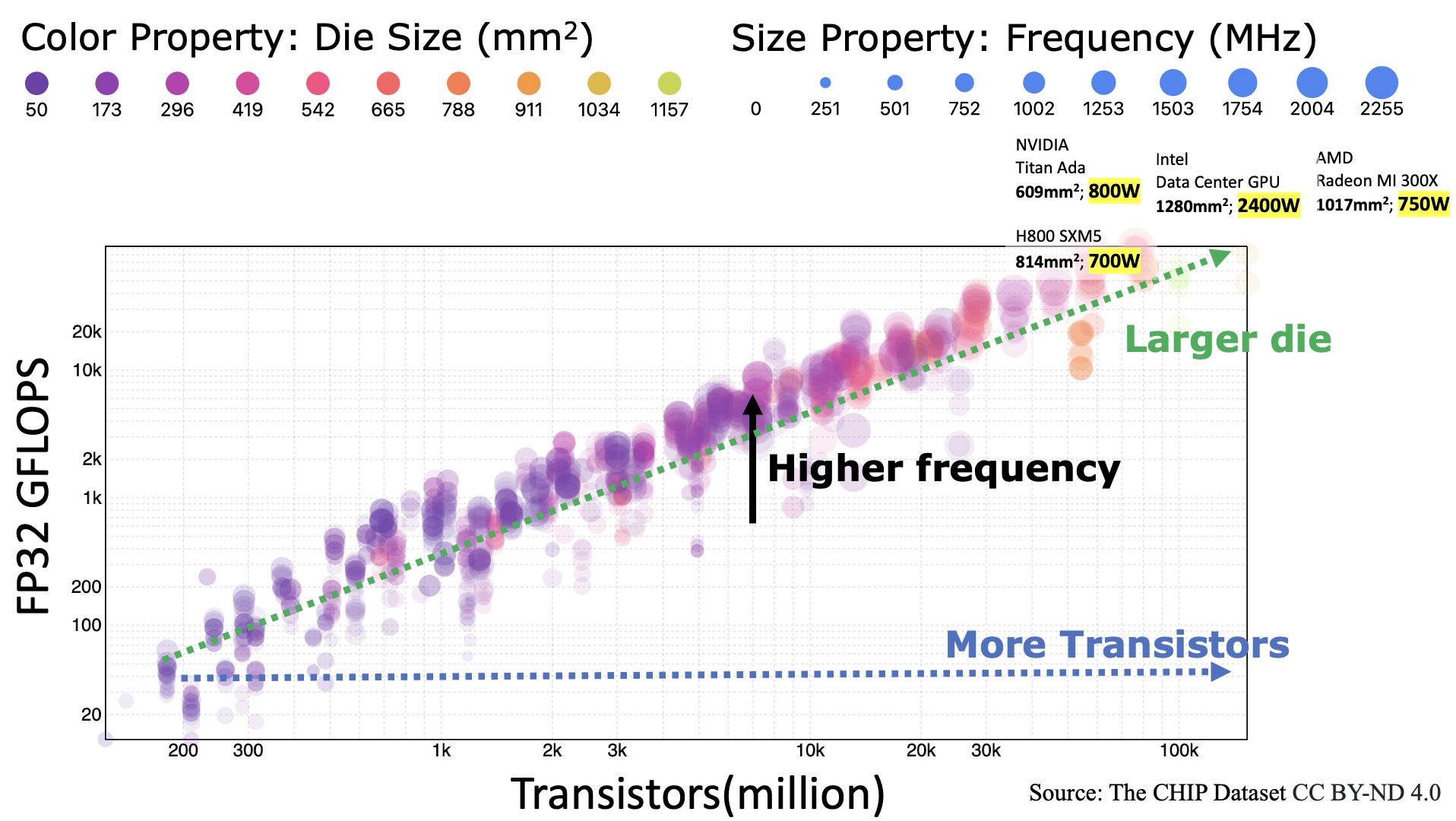Unveiling Energy Efficiency in Deep Learning: Measurement, Prediction, and Scoring across Edge Devices
2310.18329

0
0

Abstract
Today, deep learning optimization is primarily driven by research focused on achieving high inference accuracy and reducing latency. However, the energy efficiency aspect is often overlooked, possibly due to a lack of sustainability mindset in the field and the absence of a holistic energy dataset. In this paper, we conduct a threefold study, including energy measurement, prediction, and efficiency scoring, with an objective to foster transparency in power and energy consumption within deep learning across various edge devices. Firstly, we present a detailed, first-of-its-kind measurement study that uncovers the energy consumption characteristics of on-device deep learning. This study results in the creation of three extensive energy datasets for edge devices, covering a wide range of kernels, state-of-the-art DNN models, and popular AI applications. Secondly, we design and implement the first kernel-level energy predictors for edge devices based on our kernel-level energy dataset. Evaluation results demonstrate the ability of our predictors to provide consistent and accurate energy estimations on unseen DNN models. Lastly, we introduce two scoring metrics, PCS and IECS, developed to convert complex power and energy consumption data of an edge device into an easily understandable manner for edge device end-users. We hope our work can help shift the mindset of both end-users and the research community towards sustainability in edge computing, a principle that drives our research. Find data, code, and more up-to-date information at https://amai-gsu.github.io/DeepEn2023.
Create account to get full access
Background and Challenges
2.1. Background
Deep learning models are becoming increasingly powerful and prevalent, with applications across various domains. However, the energy consumption of these models is a growing concern, especially for edge devices with limited power resources. This paper aims to unveil the energy efficiency of deep learning models across different edge devices, providing insights into measurement, prediction, and scoring of energy consumption.
The research described in this paper builds on related work in the field, such as Toward Cross-Layer Energy Optimizations for Machine Learning, Beyond Efficiency: Scaling AI Sustainably, and Data-Driven Building Energy Efficiency Prediction Using Machine Learning. These previous studies have explored various aspects of energy efficiency in machine learning, including hardware-software co-design, sustainable AI strategies, and energy prediction for buildings.
2.2. Challenges
Measuring, predicting, and scoring the energy efficiency of deep learning models on edge devices pose several challenges. Edge devices often have diverse hardware configurations, software environments, and workload characteristics, making it difficult to generalize energy consumption patterns. Additionally, the complex interactions between neural network architectures, hardware, and software can significantly impact energy usage, requiring a comprehensive understanding of these factors.
Another challenge is the need for reliable and accurate energy measurement techniques that can be applied across various edge devices. Existing measurement approaches may not be readily applicable or may lack the necessary precision and granularity to capture the nuances of deep learning model execution.
Predictive modeling of energy consumption is also a complex task, as it requires accounting for the intricate relationships between model parameters, hardware specifications, and workload characteristics. Developing accurate and generalizable energy prediction models is crucial for optimizing the deployment of deep learning models on edge devices.
Finally, scoring the energy efficiency of deep learning models is essential for making informed decisions about model selection and deployment. However, defining appropriate metrics and benchmarks for energy efficiency can be challenging, as they need to consider the diverse requirements and constraints of different edge device applications.
This summary was produced with help from an AI and may contain inaccuracies - check out the links to read the original source documents!
Related Papers

Computing Within Limits: An Empirical Study of Energy Consumption in ML Training and Inference
Ioannis Mavromatis, Kostas Katsaros, Aftab Khan

0
0
Machine learning (ML) has seen tremendous advancements, but its environmental footprint remains a concern. Acknowledging the growing environmental impact of ML this paper investigates Green ML, examining various model architectures and hyperparameters in both training and inference phases to identify energy-efficient practices. Our study leverages software-based power measurements for ease of replication across diverse configurations, models and datasets. In this paper, we examine multiple models and hardware configurations to identify correlations across the various measurements and metrics and key contributors to energy reduction. Our analysis offers practical guidelines for constructing sustainable ML operations, emphasising energy consumption and carbon footprint reductions while maintaining performance. As identified, short-lived profiling can quantify the long-term expected energy consumption. Moreover, model parameters can also be used to accurately estimate the expected total energy without the need for extensive experimentation.
6/21/2024

GreenBytes: Intelligent Energy Estimation for Edge-Cloud
Kasra Kassai, Tasos Dagiuklas, Satwat Bashir, Muddesar Iqbal

0
0
This study investigates the application of advanced machine learning models, specifically Long Short-Term Memory (LSTM) networks and Gradient Booster models, for accurate energy consumption estimation within a Kubernetes cluster environment. It aims to enhance sustainable computing practices by providing precise predictions of energy usage across various computing nodes. Through meticulous analysis of model performance on both master and worker nodes, the research reveals the strengths and potential applications of these models in promoting energy efficiency. The LSTM model demonstrates remarkable predictive accuracy, particularly in capturing dynamic computing workloads over time, evidenced by low mean squared error (MSE) rates and the ability to closely track actual energy consumption trends. Conversely, the Gradient Booster model showcases robustness and adaptability across different computational environments, despite slightly higher MSE values. The study underscores the complementary nature of these models in advancing sustainable computing practices, suggesting their integration into energy management systems could significantly enhance environmental sustainability in technology operations.
6/13/2024
🧠
Toward Cross-Layer Energy Optimizations in Machine Learning Systems
Jae-Won Chung, Mosharaf Chowdhury

0
0
The enormous energy consumption of machine learning (ML) and generative AI workloads shows no sign of waning, taking a toll on operating costs, power delivery, and environmental sustainability. Despite a long line of research on energy-efficient hardware, we found that software plays a critical role in ML energy optimization through two recent works: Zeus and Perseus. This is especially true for large language models (LLMs) because their model sizes and, therefore, energy demands are growing faster than hardware efficiency improvements. Therefore, we advocate for a cross-layer approach for energy optimizations in ML systems, where hardware provides architectural support that pushes energy-efficient software further, while software leverages and abstracts the hardware to develop techniques that bring hardware-agnostic energy-efficiency gains.
4/11/2024

Beyond Efficiency: Scaling AI Sustainably
Carole-Jean Wu, Bilge Acun, Ramya Raghavendra, Kim Hazelwood

0
0
Barroso's seminal contributions in energy-proportional warehouse-scale computing launched an era where modern datacenters have become more energy efficient and cost effective than ever before. At the same time, modern AI applications have driven ever-increasing demands in computing, highlighting the importance of optimizing efficiency across the entire deep learning model development cycle. This paper characterizes the carbon impact of AI, including both operational carbon emissions from training and inference as well as embodied carbon emissions from datacenter construction and hardware manufacturing. We highlight key efficiency optimization opportunities for cutting-edge AI technologies, from deep learning recommendation models to multi-modal generative AI tasks. To scale AI sustainably, we must also go beyond efficiency and optimize across the life cycle of computing infrastructures, from hardware manufacturing to datacenter operations and end-of-life processing for the hardware.
6/26/2024